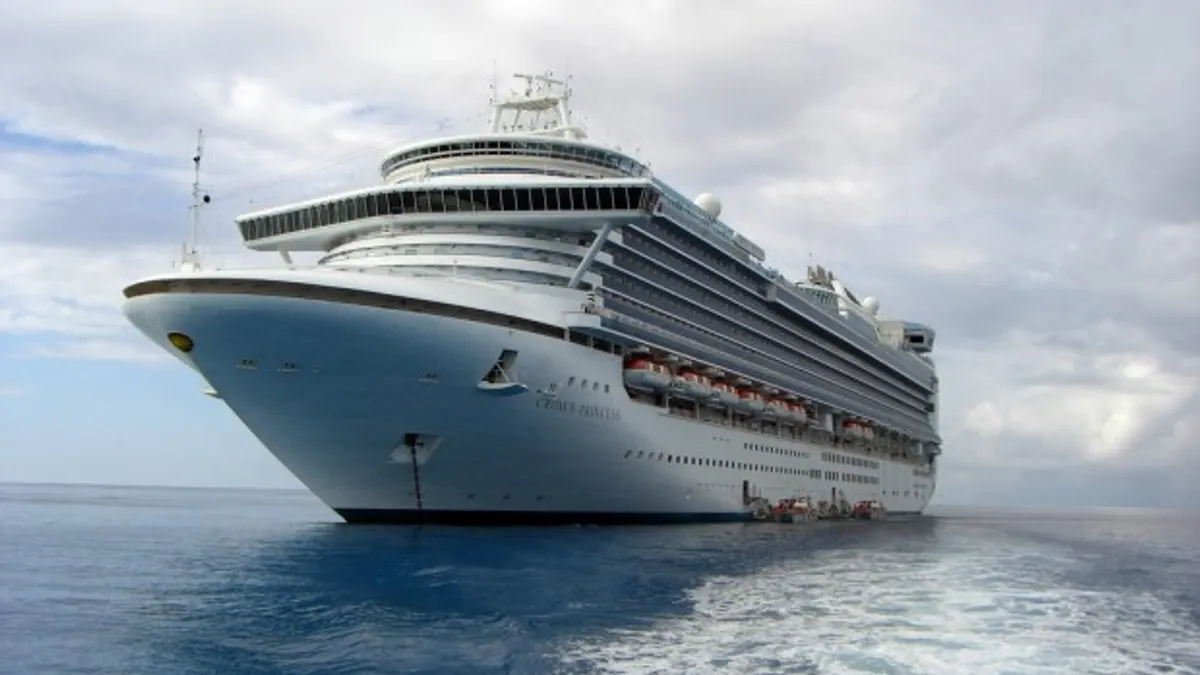As market volatility reaches a fever pitch and more cities report a spike in COVID-19 cases, the future for business has become unclear. Few industries are left untouched by the pandemic.
This long-term uncertainty tests executives who are tasked with shepherding their companies through the upheaval and taking care of their employees. CFOs are in a particular bind, because they’re looked up on as a source of financial clarity.
This time of year is particularly fraught, because, as the Wall Street Journal reported, the outbreak "has coincided with deadlines for filing annual reports due in March, and decisions about filing paperwork for initial public offerings."
On recent earnings calls, CFOs of some of the most profitable enterprises in the world have struggled with how to keep their companies and investors informed while not knowing what to expect in the months ahead.
Each day, as the outlook evolves, corporate leadership must change course to meet what’s demanded of them. But for Vail Resorts, a world-class ski resort owner, and cruiseline giant Norwegian, the CFO is faced with a new challenge entirely: the possible collapse of the industry itself.
Vail Resorts has been acquiring properties outside the United States to safeguard against coming winters with little snowfall. But, Forbes reported, the current public health crisis "has proven more capricious than the weather."
On an earnings call last week, Vail CFO Michael Barkin noted "a marked negative change in performance [...] with destination skier visits modestly below expectations, and we expect this trend to continue and potentially worsen in upcoming weeks."
As fears of economic fallout continue to mount, Norwegian Cruise Line CFO Mark Kempa is rushing to protect his company’s liquidity. As cruise liners have received a particular blow amid the coronavirus outbreak, Kempa faces a steep uphill battle towards renewed profitability.
On Norwegian’s February earnings call, Kempa said the COVID-19 outbreak, which began in a region of Wuhan, China, led to 40 canceled, modified or redeployed trips in Asian countries through the end of the third quarter.
"The virus situation is extremely fluid," Kempa said, as reported by Forbes. "And while we expect additional direct and indirect impacts, it is simply too early to quantify potential broader headwinds to the business resulting from softer global demand for travel and tourism."
Norwegian’s fourth quarter reports includes in its list of expectations the statement that "the COVID-19 outbreak continues to impact consumer travel sentiment regarding travel for cruises in Asia and throughout the Company’s areas of operation worldwide. The duration and extent of this indirect impact cannot be quantified at this time."
In an attempt to mitigate ongoing financial damage, Norwegian has begun offering a 48-hour cancellation policy, which they hope will encourage customers to book cruises after the worst of the outbreak has passed.
Per a regulatory filing signed by Kempa last week, Norwegian entered into a credit agreement of $675 million to secure additional liquidity "given the continued uncertainty surrounding" the newly-classified pandemic, Forbes reported.
Business continuity is the number one CFO priority — and lesson, Kevin Ingram, CFO of mutual insurance company FM, told Forbes in an interview. He said CFOs must ask themselves what they’ve done to ensure a robust business continuity plan is in place.
Mutual insurance company FM Global has shut down several offices in China where the outbreak began, said CFO Kevin Ingram. "How quickly it has moved around the globe is mind boggling to me," he said.
Ingram’s company has plans for a laundry list of potential situations, from natural disasters to stock market plunges, but he told Forbes that the coronavirus was extremely hard to predict.
Mohit Daswani, CFO of ThoughtSpot, explained it to CFO Dive last week a little differently. "Some risks you can manage, some hit you and you absorb, and to some, you adjust," he said.














